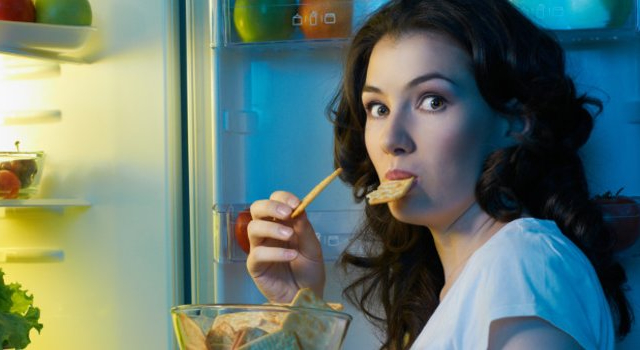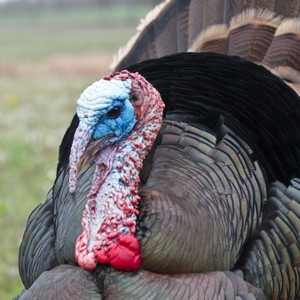The phenomenon known as food cravings has been wondered at and wondered about for ages. And many theories have been advanced about its root cause, but none has been widely adopted by the medical world. But now there’s a suggestion that most if not all may be able to agree on…
 Science has finally made solid inroads on the mystery of why we have food cravings…
Science has finally made solid inroads on the mystery of why we have food cravings…
How often have you had a ‘gut feeling’ that something wasn’t right. Or, conversely, that something else was right, in spite of assertions by others that it wasn’t? How often have you had an inexplicable but undeniable feeling that someone was lying? More to the point, how often (more often, I’ll wager) have you said to yourself something like, “I feel like a burger for lunch”?
Cravings: a ‘portmanteau’ word
‘Portmanteau’ is French for ‘suitcase’. It’s often used (with ‘word’) to encompass, “a wide range of things that are considered as a single thing,” according to the Cambridge English Dictionary. ‘Cravings’ is such a word, with myriad shades of meaning and subject to much hazy speculation as to their cause. But now, a team of researchers from the University of Pittsburgh has come up with an explanation that pinpoints the source of feelings that sometimes drive us to make late-night McD’s runs, or compel pregnant women to pair otherwise incompatible foods such as pickles and ice cream.
What they did
Unsure how to probe the notion of cravings, scientists have shied away for decades from exploring the physical, quantifiable side of the question. They got as far as fruit flies once but that was about it. And the results of that study were apparently equivocal. Now a team at the University of Pittsburgh has ventured a step higher on the experimental scale and studied possible chemical triggers for cravings in mice. As we often remind out readers here, mice have traditionally been used as surrogate for humans in medical and biological experiments since – though you’d hardly suspect it just by looking at them – mice are very similar to humans in basic, fundamental ways.
Dr. Kevin Kohl and Dr. Brian Trevelline constructed a closely controlled experiment to determine what effect differing sets of gut microbes had on mice.
They started with 30 mice which had been bred to have no native got microbes, giving subsets of them doses of microbes cultured from three different types wild rodents.
What they found
The mice in the three groups displayed different food preferences according to the different microbes they had received.
As an abstract of Kohl’s and Trevelline’s study report explains, “While the idea of the microbiome affecting your behavior may sound far-fetched, it’s no surprise for scientists. Your gut and your brain are in constant conversation, with certain kinds of molecules acting as go-betweens. These byproducts of digestion signal that you’ve eaten enough food or maybe that you need certain kinds of nutrients. But microbes in the gut can produce some of those same molecules, potentially hijacking that line of communication and changing the meaning of the message to benefit themselves.”
One example of such messaging most of us have experienced is the tranquilizing effect of the enzyme tryptophan, which often triggers a post-turkey-dinner nap (see photo, top of page).
“Tryptophan is an essential amino acid that’s common in turkey but is also produced by gut microbes. When it makes its way to the brain, it’s transformed into serotonin, which is a signal that’s important for feeling satiated after a meal,” Trevelline said. “Eventually that gets converted into melatonin, and then you feel sleepy.”
The takeaway
“There are likely dozens of signals that are influencing feeding behavior on a day-to-day basis. Tryptophan produced by microbes could just be one aspect of that,” Trevelline observed. “It does, however, establish a plausible way that microscopic organisms could alter what we want to eat.”
My take
I like stuff that’s scientifically proven; logical, with no loose threads. I also like that Trevelline reasonably admits that the mouse study under scrutiny today is just the beginning – just scratching the surface of the catalogue of chemical mechanisms that may control a vast number of our bodily functions.
“It could be that what you’ve eaten the day before is more important than just the microbes you have,” Kohl says. “Humans have way more going on that we ignore in our experiment. But it’s an interesting idea to think about.”
~ Maggie J.

